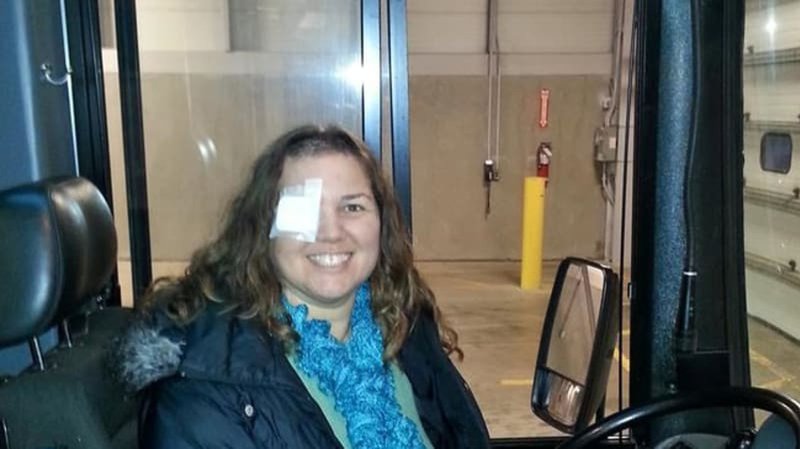
Bus driver with one eye wins discrimination case; judge nixes licence rule
TORONTO — A city bus driver whose licence was revoked after she lost her eye to cancer has won her battle to have the relevant provincial regulations declared unconstitutional.
In her ruling this month, Ontario Superior Court Justice Jessica Kimmel decided the rules, aimed at enhancing road safety, are unfair to the monocular — those with sight in only one eye.
“These vision standards are based on, and perpetuate, the stereotype that monocular drivers are not able to safely drive public transit vehicles,” Kimmel found. “They create or perpetuate a discriminatory disadvantage without allowing for individual exemption based on the actual driving capabilities and characteristics of individual monocular drivers.”
Kimmel put her unconstitutionality finding on hold for 12 months to give the province time to redo the rules, and the driver who launched the case will have to remain unlicensed in the interim.


